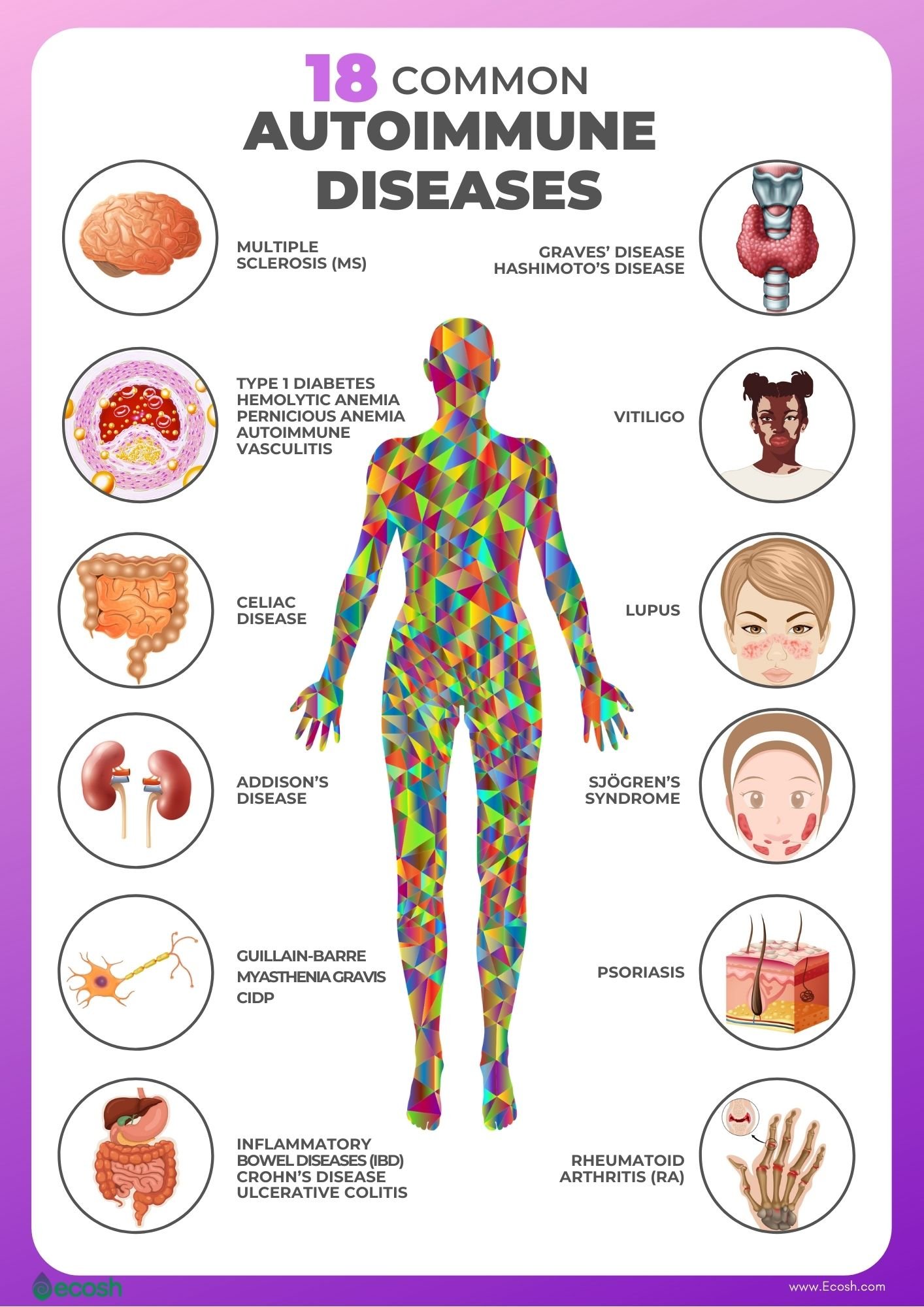Quick Summary
Researchers from Penn State College of Medicine have developed a new artificial intelligence (AI) method to predict the progression of autoimmune diseases in individuals showing preclinical symptoms. This innovative approach aims to facilitate early diagnosis and intervention, ultimately improving treatment outcomes.
Key Findings
- Autoimmune diseases occur when the immune system mistakenly attacks healthy cells, often starting with mild symptoms or specific antibodies before progressing to more severe stages.
- The new AI model analyzes electronic health records and genetic data to create a risk prediction score, demonstrating up to 1,000% greater accuracy compared to existing models.
- Identifying individuals at high risk allows for targeted therapeutic interventions that may slow disease progression.
Research Insights
- The study, published in Nature Communications, emphasizes the importance of early detection in managing autoimmune diseases, which affect approximately 8% of the U.S. population, predominantly women.
- Researchers highlighted that symptoms can often be detected years before a formal diagnosis, as seen in conditions like rheumatoid arthritis.
Challenges in Prediction
- One major challenge in predicting disease progression is the limited sample size of individuals with specific autoimmune conditions.
- The new Genetic Progression Score (GPS) method utilizes transfer learning to enhance prediction accuracy, allowing researchers to draw insights from smaller datasets.
Methodology
- GPS integrates data from large genome-wide association studies (GWAS) and electronic health record biobanks, improving the model’s predictive capabilities.
- The model was validated using real-world data from the Vanderbilt University biobank, showing superior performance in predicting the progression of rheumatoid arthritis and lupus.
Implications for Patient Care
- Accurate predictions using the GPS model can lead to early interventions and personalized treatment plans, enhancing patient outcomes.
- This approach may also improve clinical trial designs by identifying individuals most likely to benefit from new therapies.
Future Directions
- While this study focused on autoimmune diseases, the researchers believe that similar methodologies could be applied to other disease types.
- The integration of AI and transfer learning could help address health disparities by studying underrepresented populations in medical research.
Sources
- Wang C, et al. Integrating electronic health records and GWAS summary statistics to predict the progression of autoimmune diseases from preclinical stages. Nat Commun. 2025 Jan 2;16(1):180.
